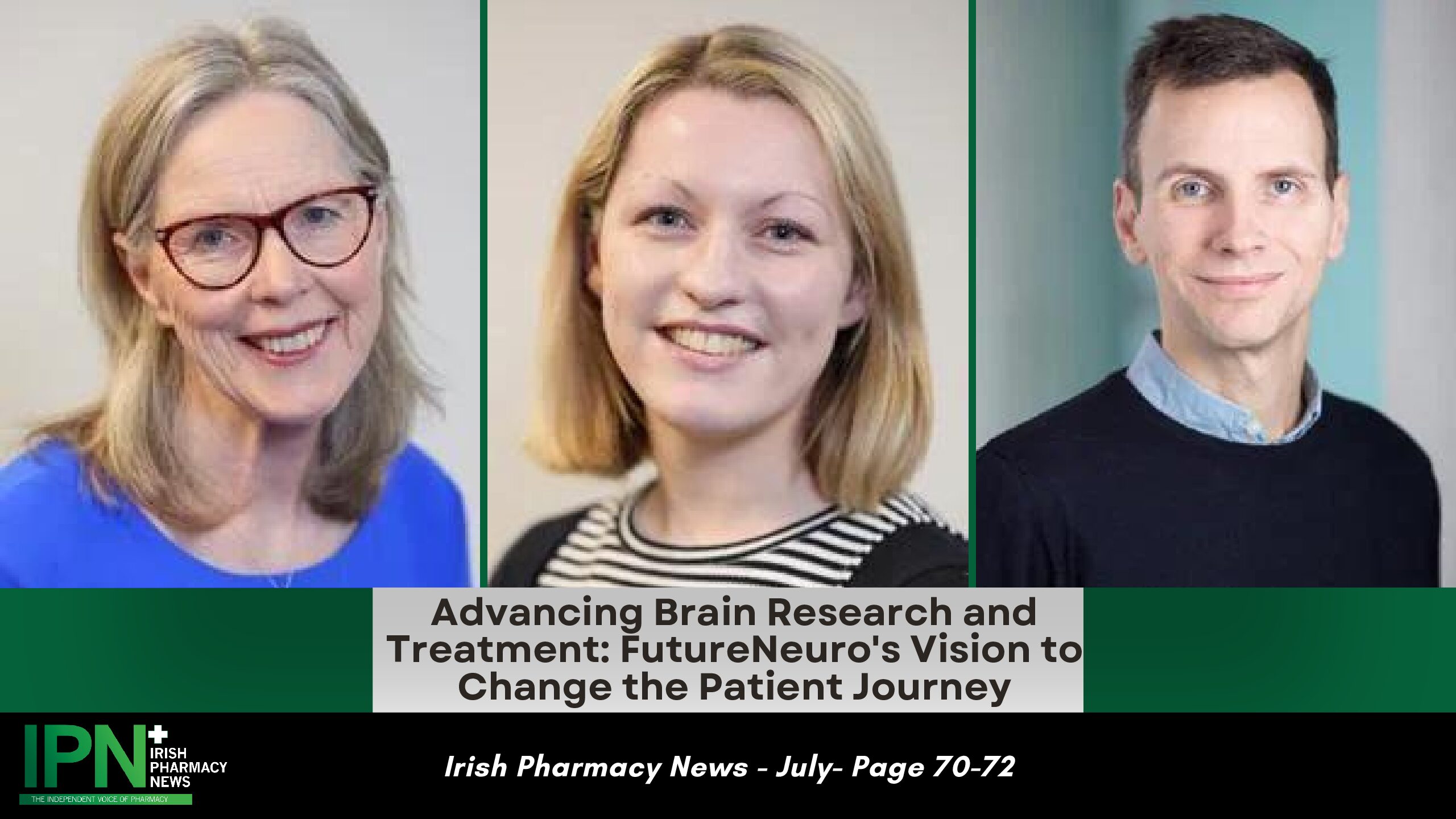The Irish Association of Speech and Language Therapists (IASLT) has told IPN that it is collaborating with the HSE on a transition towards new dietary standards and guidelines for people with dysphagia. It comes after the NHS watchdog, NHS Improvements, announced that it is calling for health services and care providers to replace the term ‘soft diet’ with the framework drawn up by the International Dysphagia Diet Standardisation Initiative (IDDSI). This follows the publication of data showing that a number of people in the UK with swallow difficulties were hurt in the past number of years due to being fed inappropriately textured food. Two people choked to death on food that should have been liquidised.
Speech and language therapists work in multidisciplinary teams alongside dietary specialists in the management of dysphagia, which the medical term for a disorder that affects feeding, eating, drinking and swallowing (FEDS). Experts are calling for an end to imprecise terminology as the term ‘soft diet’ is causing confusion and the IDDSI framework provides clarity by using colour and a numerical index to describe texture modification for food and drink. People affected by dysphagia must makes changes to the consistency of what they consume in order to avoid the risk of harm from choking. This can involve liquidising food or using a special thickening agent to thicken drinks. Other signs of dysphagia include coughing or choking when eating or drinking, or bringing food back up, sometimes through the nose.
Speech and language therapists are recognised health and social care professionals in the management of FEDS for both paediatrics and adults across a wide variety of settings including acute care, domiciliary settings, residential care homes and primary care clinics.
IASLT provided IPN with a statement on the changes to the dietary guidelines for dysphagia in an Irish context.
“Service user safety is at the forefront of a speech and language therapist’s management of FEDS disorders. To that end we work directly with service users and their carers as well as indirectly with other relevant stakeholders. Training in FEDS management and awareness of FEDS disorders is a key strategy in speech and language therapy intervention. In 2014 IASLT released a consensus document outlining terminology relating to fluid and diet consistencies. At national and international level IASLT are working collaboratively with the HSE and Irish Nutrition and Dietetic Institute (INDI) on the transition to the International Dysphagia Diet Standards. We are working closely with multiple stakeholders to implement these standards with patient safety again a key focus in the implementation strategy.”
Dysphagia is a condition that occurs frequently in the older population and in people who have symptoms of dementia. A spokesperson for the Alzheimer’s Society of Ireland said: “Research estimates that dysphagia can affect approximately 40% of people with dementia, at some stage during their diagnosis. This depends on the type of dementia and the impact of dementia on each individual. If a person is suspected to have swallowing difficulties or other difficulties with eating or drinking it is important that this is discussed with their GP to get a referral to a speech and language therapist, who can devise a plan for the management of dysphagia. There is a need for more understanding of the risks of dysphagia and for quicker assessment to ensure that the person with dementia continues to live as well as possible.”
The Alzheimer Society of Ireland National Helpline is open six days a week: Monday to Friday 10am–5pm and Saturday 10am–4pm on 1800 341 341.











